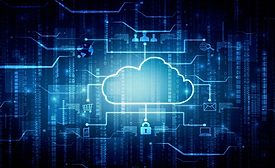Cybersecurity News
The Maritime Transportation System ISAC welcomes John Felker as Senior Advisor
Sr. Advisor Felker brings additional maritime cybersecurity partnership expertise to information sharing and analysis center
November 12, 2020
Sign-up to receive top management & result-driven techniques in the industry.
Join over 20,000+ industry leaders who receive our premium content.
SIGN UP TODAY!Copyright ©2025. All Rights Reserved BNP Media.
Design, CMS, Hosting & Web Development :: ePublishing












